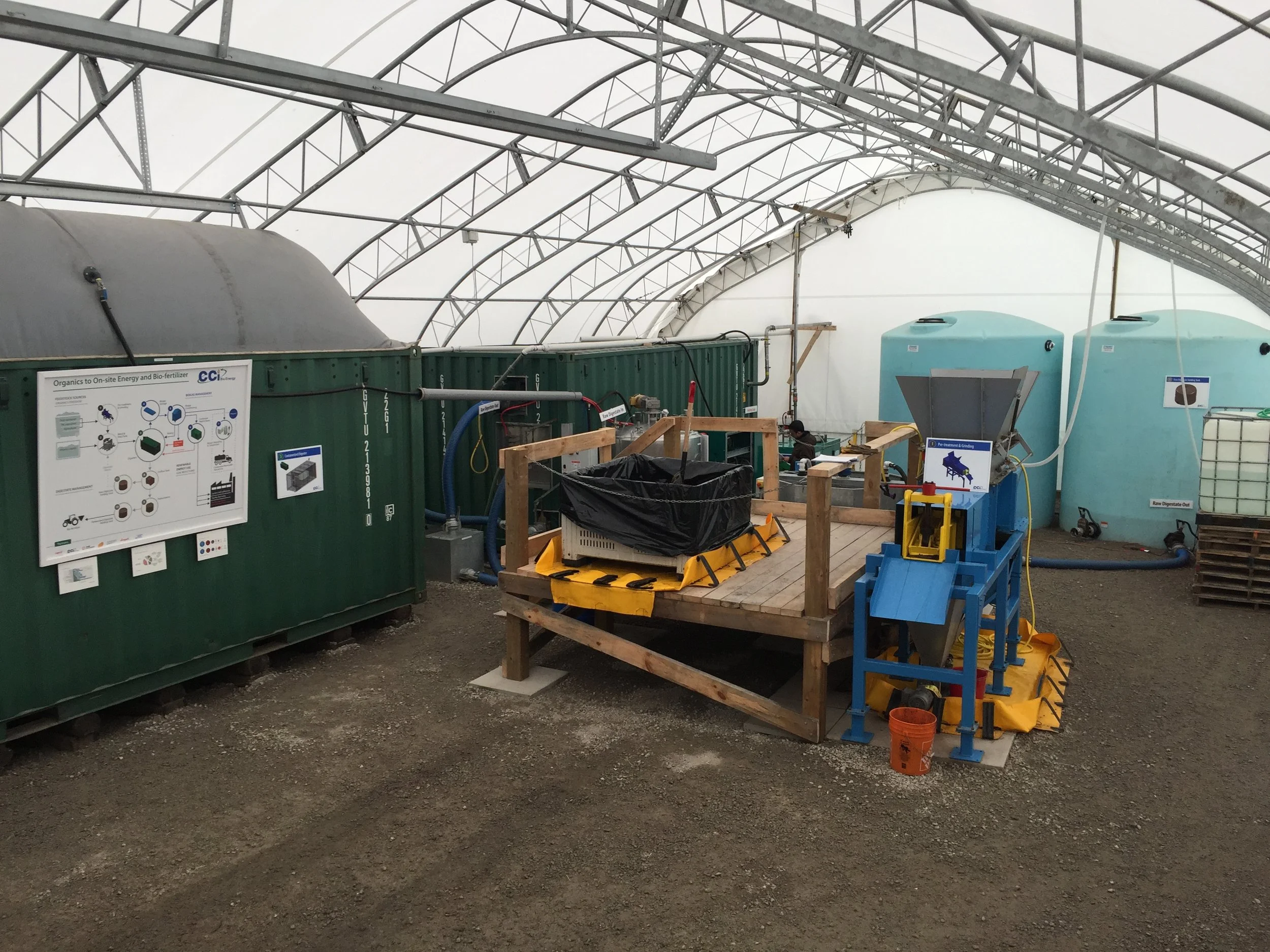Why use Anaerobic Digestion?
Whether the outputs of anaerobic digestion are fuelling local buses or helping to tackle social challenges around the world, the value of this technology is far greater than many imagine. Below we look at why three different sectors use anaerobic digestion and explain why the renewable process was once referred to as a “no brainer’ by the former climate change minister.
The food and drink industry
What can AD do for food manufactures big and small, to canteens, restaurants and major supermarkets, logistics providers, breweries and distilleries?
Save money through waste management: UK businesses generate 6 million tonnes of food waste a year. With landfill tax set to rise sharply in the next few years, businesses will find it a financial necessity to find an alternative to paying to dispose of organic waste in landfill.
Provide cheaper, cleaner, renewable energy: AD produces a renewable gas, biogas, that can be used to produce electricity and heat to power on-site operations. Excess biogas can be sold to the grid or can be upgraded to biomethane, which can be used as a transport fuel.
Help you go green: using AD for electricity and heat demand on your sites removes the need for environmentally damaging fossil fuel supplies; while electricity generated from the grid at present emits on average 500g of CO2 for each kWh, electricity from an AD plant emits can emit as low as 11g – over 45 times cleaner.
The agriculture sector
Farmers are currently under pressure to reduce their carbon footprint, as every year UK farms produce between 90 - 100 million tonnes of greenhouse gas filled slurry. Currently, the production of a tonne of nitrogen fertiliser takes a tonne of oil and 108 tonnes of water, and emits seven tonnes of carbon dioxide.
AD is central to climate smart farming and can help farmers by:
Producing renewable fuel and bio-fertiliser: the energy produced through AD can help tackle the rising cost of heating and powering equipment. Farmers will have a significant carbon saving and can sell back any excess energy to the grid. The bio-fertiliser, or digestate, produced as a result of AD is an excellent natural replacement for expensive and carbon-intensive artificial fertilisers.
Improving waste management: AD can process almost any organic waste - slurries, chicken litter, vegetable offcuts, outgrade crops, animal by-product material and more. Using AD on your farm could reduce costs and greenhouse gas emissions from waste treatment and slurry storage, as well as providing revenue from the energy and digestate generated.
Additional income: an on-site AD unit can treat farm, food, and purpose grown crop waste. Farmers will be saving on money on energy generation, fertiliser production and waste management.
Humanitarian Enterprises
For isolated, rural, or developing populations, the benefits of AD are even more direct, concrete and obvious than for a western urban population. Anaerobic digestion fits perfectly in this circular economy for several reasons, in part thanks to the energy independence it induces.
Why biogas is on the rise in developing countries:
On-site energy generation: Biogas has become a symbol for access to modern energy services in rural areas. One of the most noticeable benefits is the provision of a clean and convenient cooking, heating and lighting fuel. Using biogas means that other fuels are displaced, this could be either traditional biomasses (dung, wood, charcoal) or fossil fuels.
Sanitation developments: In many cases, toilets are attached to a digestion system and consequently access to clean and safe sanitation is obtained. This is a very important feature as many households in developing countries have no adequate access to sanitation. An estimated number of 2.6 billion are forced to defecate outside or use toilet systems without adequate waste disposal.
Improved hygiene: A biogas system is a manure management tool. This means that manure is handled differently than without a digester. A benefit of AD is that the manure is collected into a single location and fed into the digester which improves hygiene by reducing the amount of flies and the risk of contamination with pathogens.
Valuable fertiliser: Digestate produced through AD is an effective substitute for chemical fertilisers and a superior fertiliser compared to manure.

